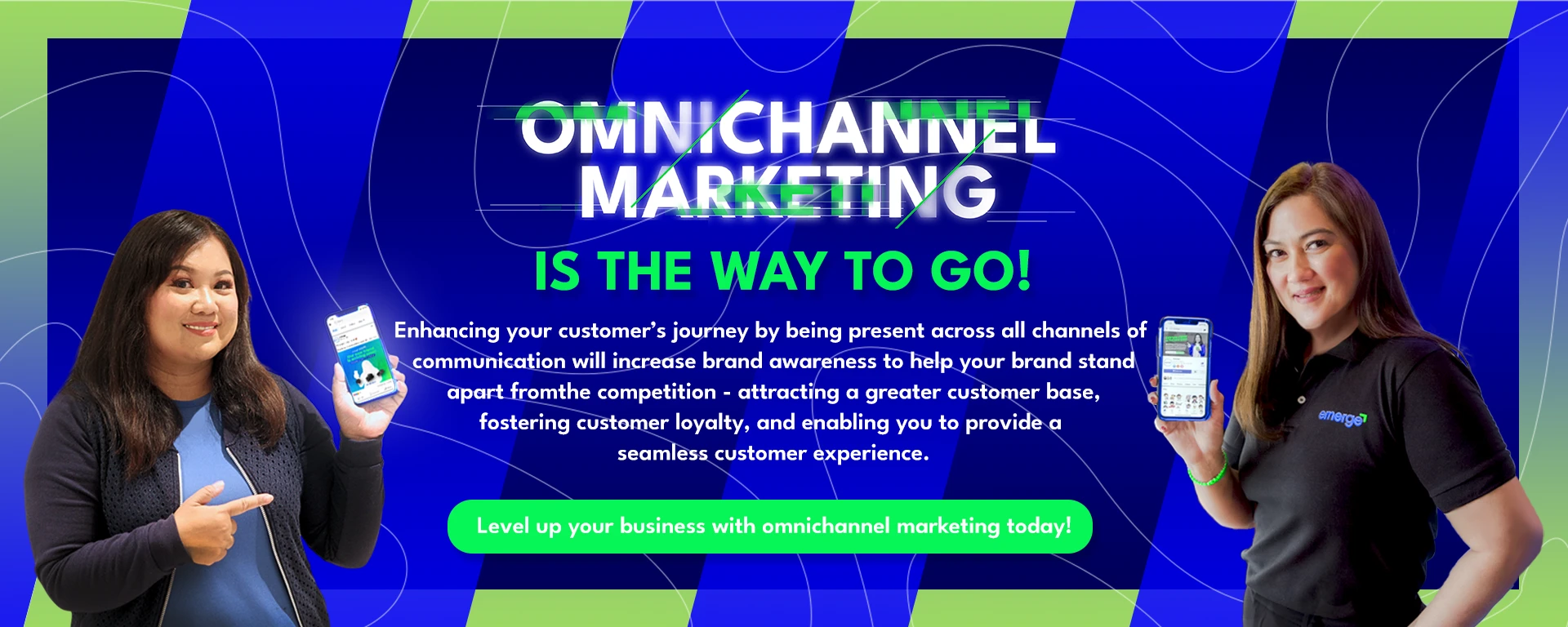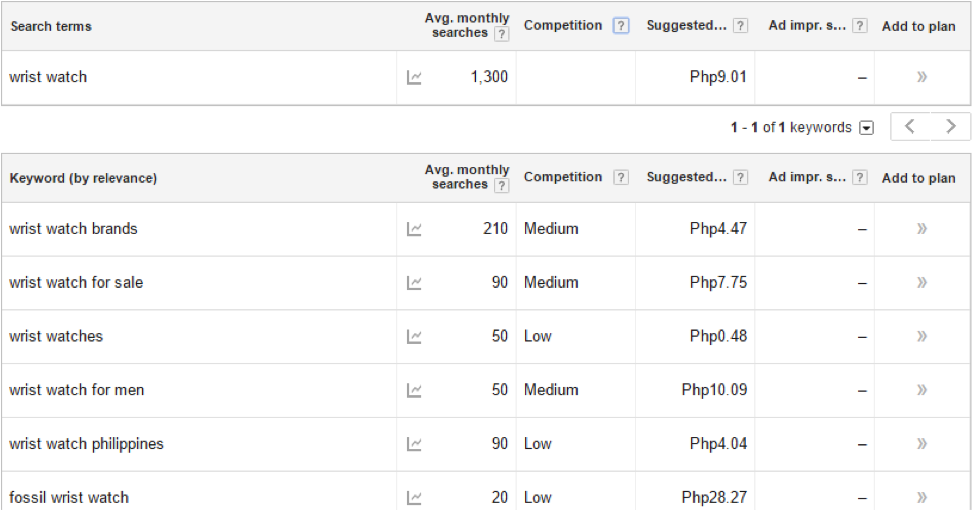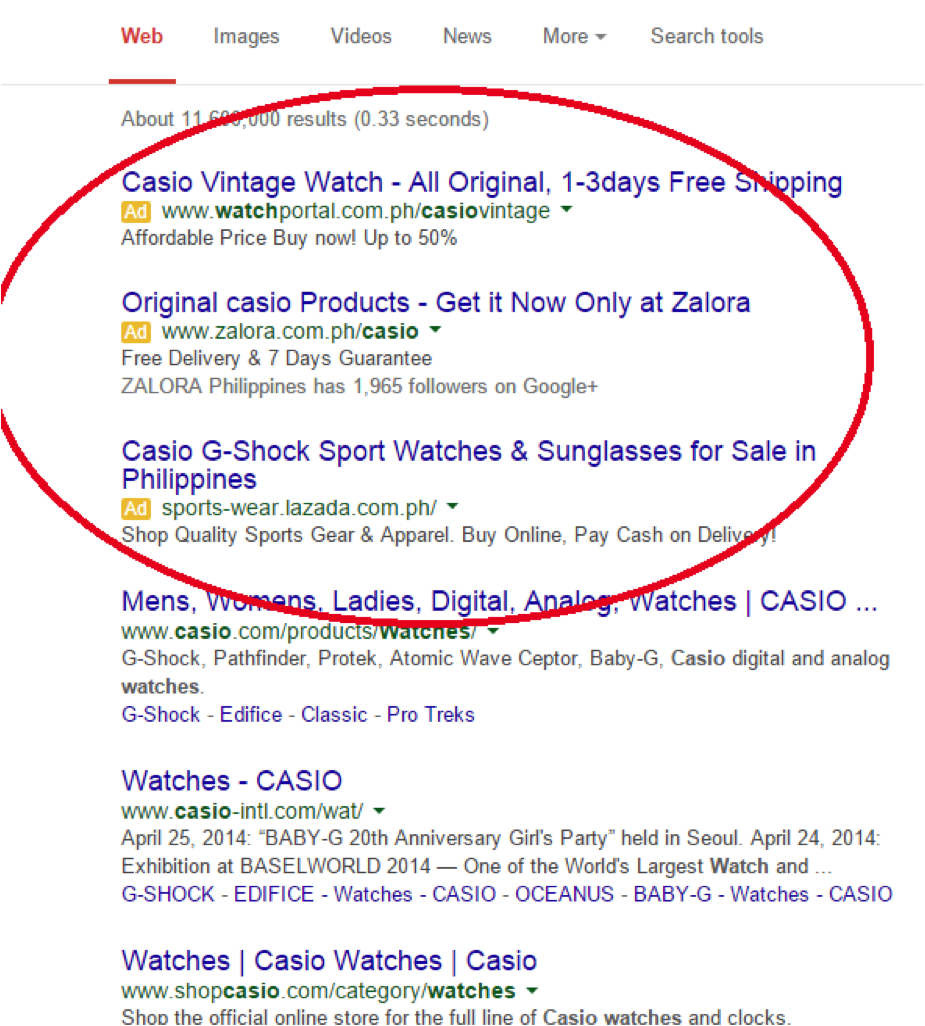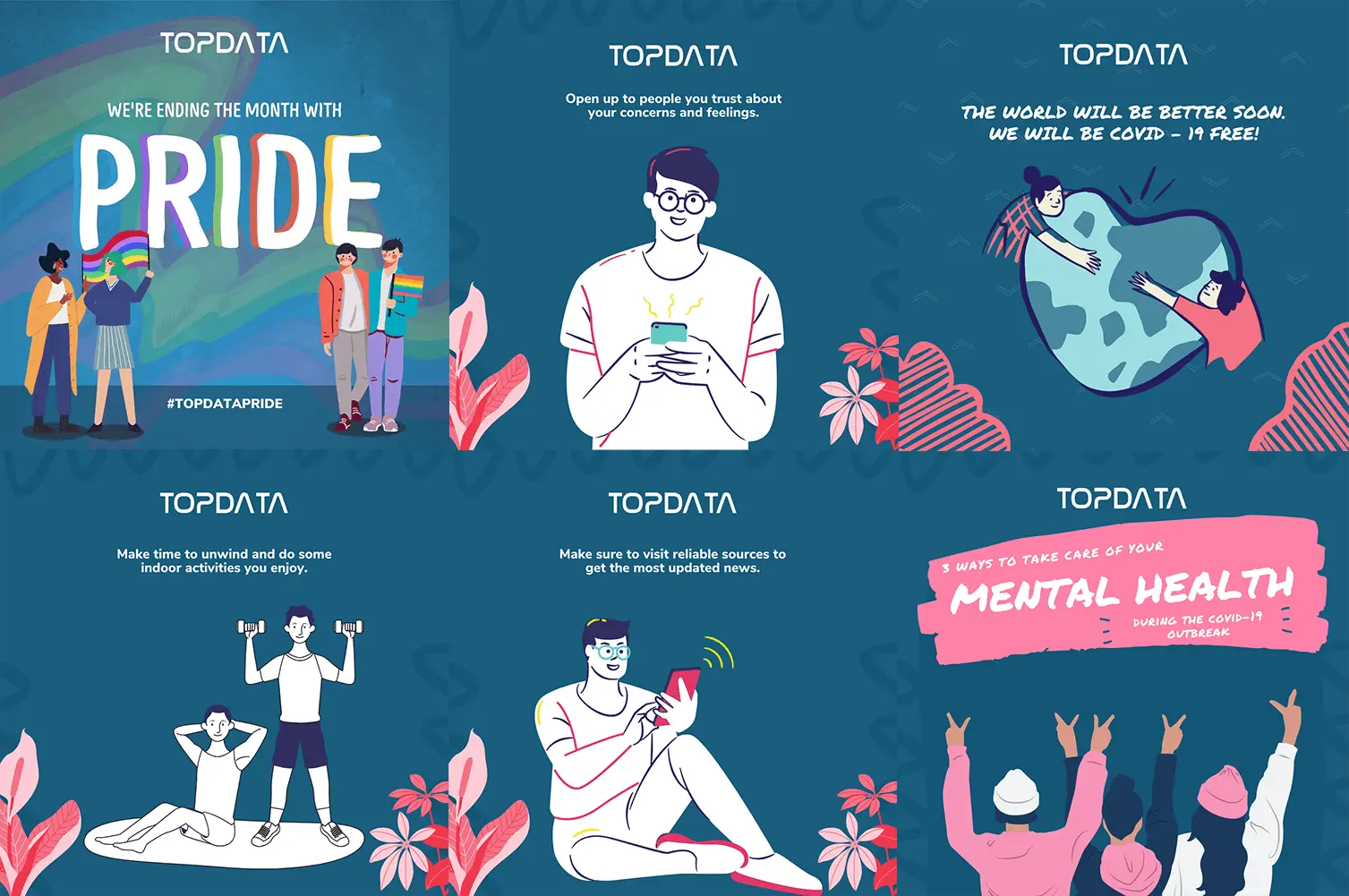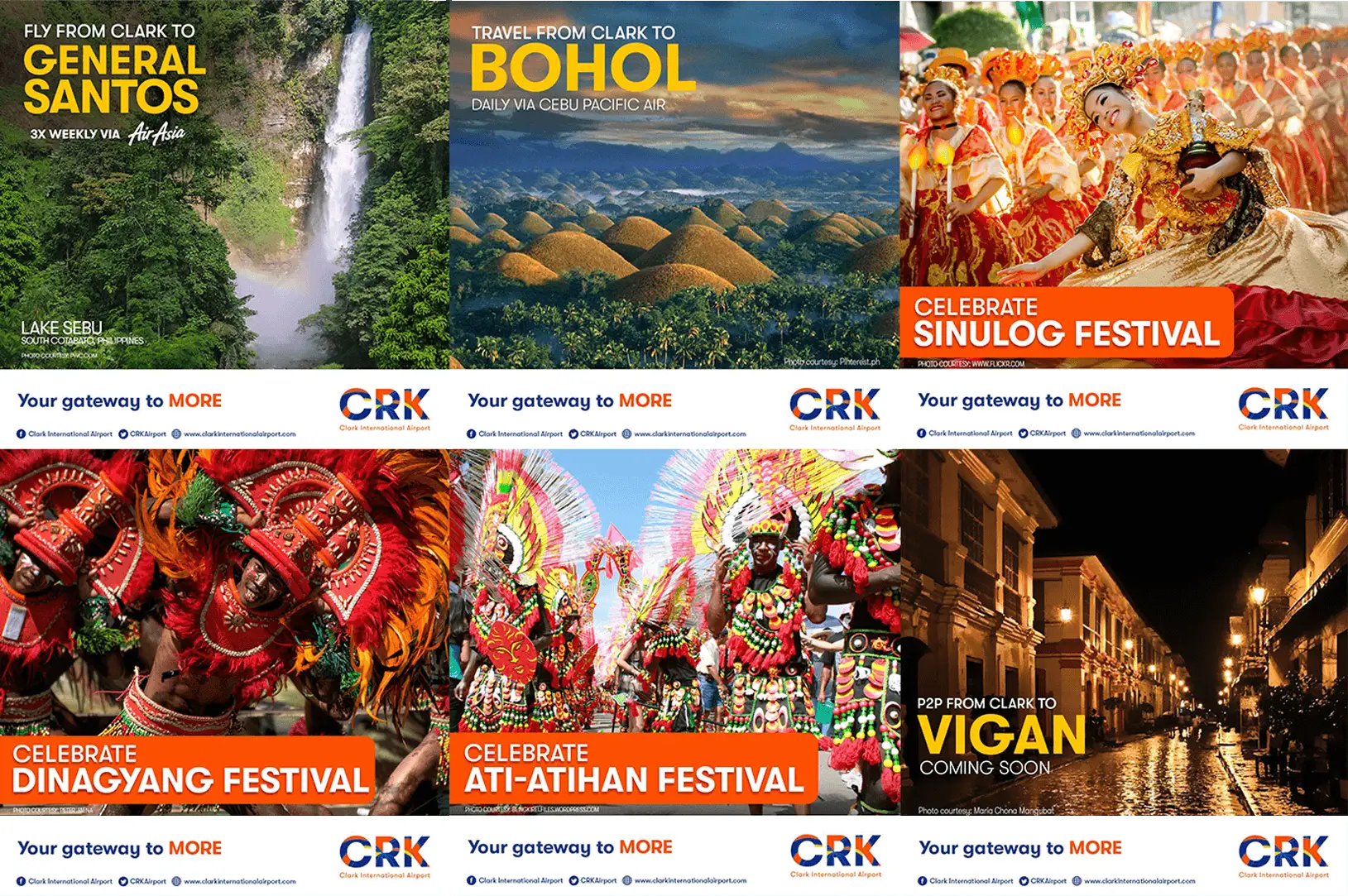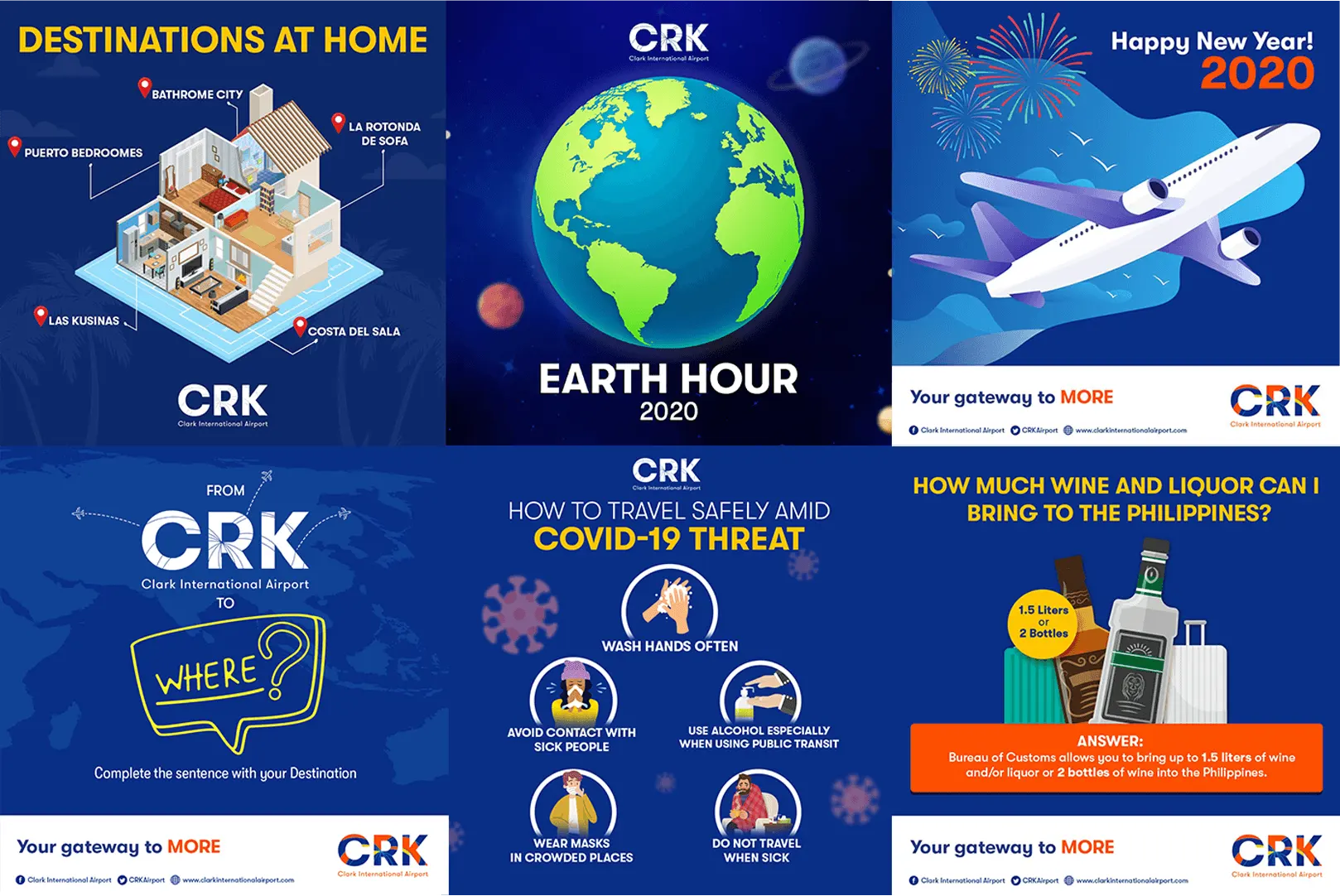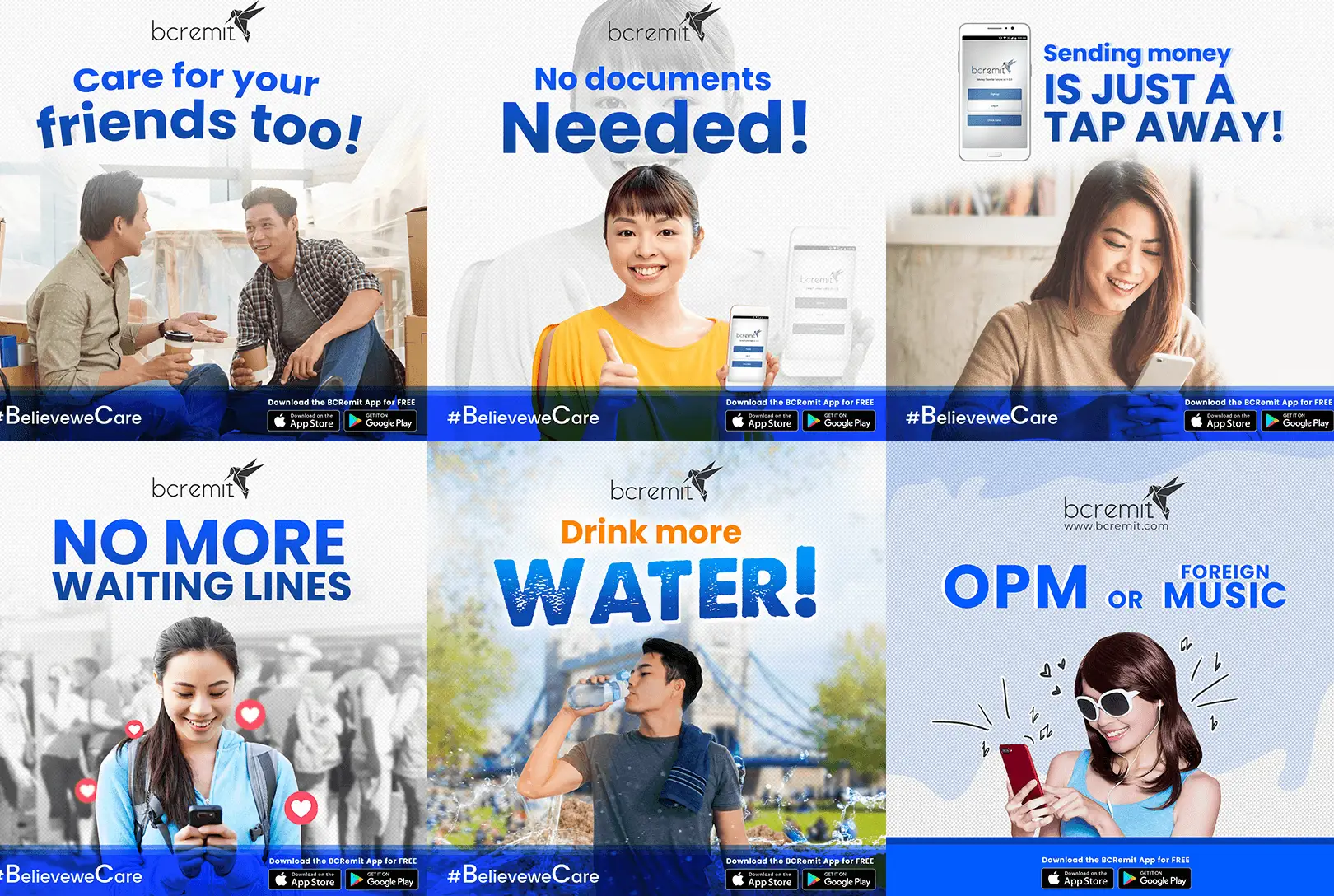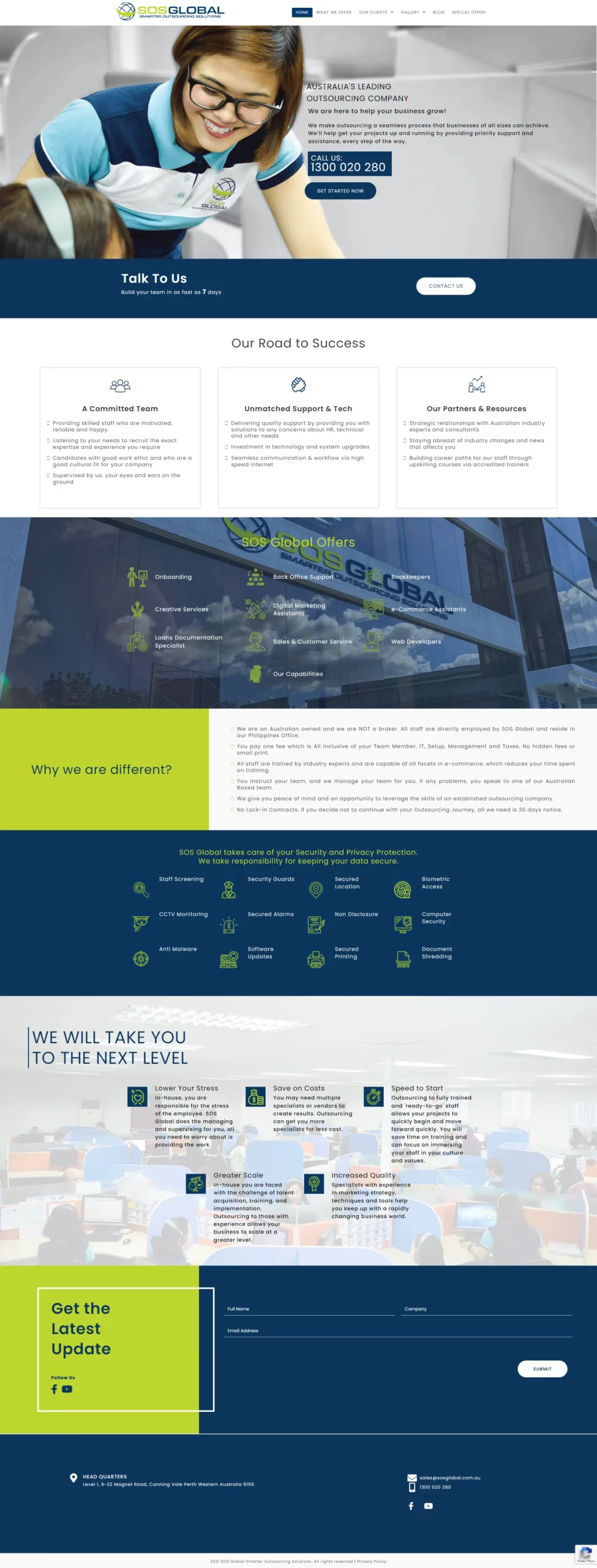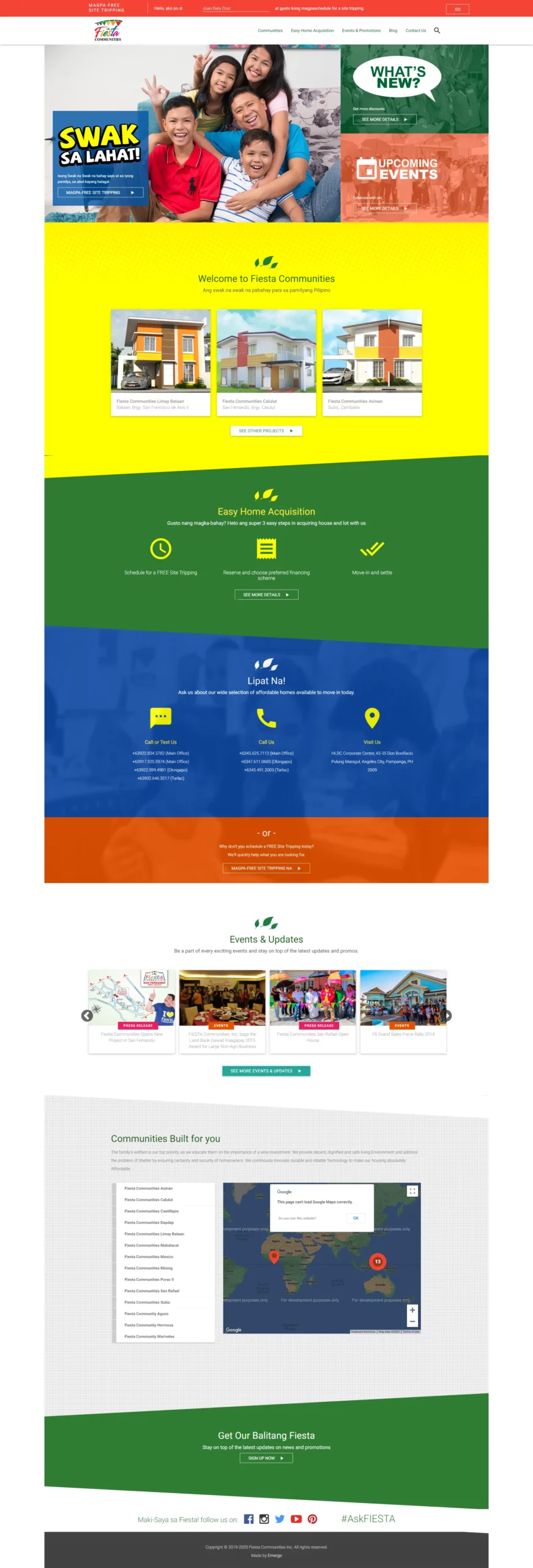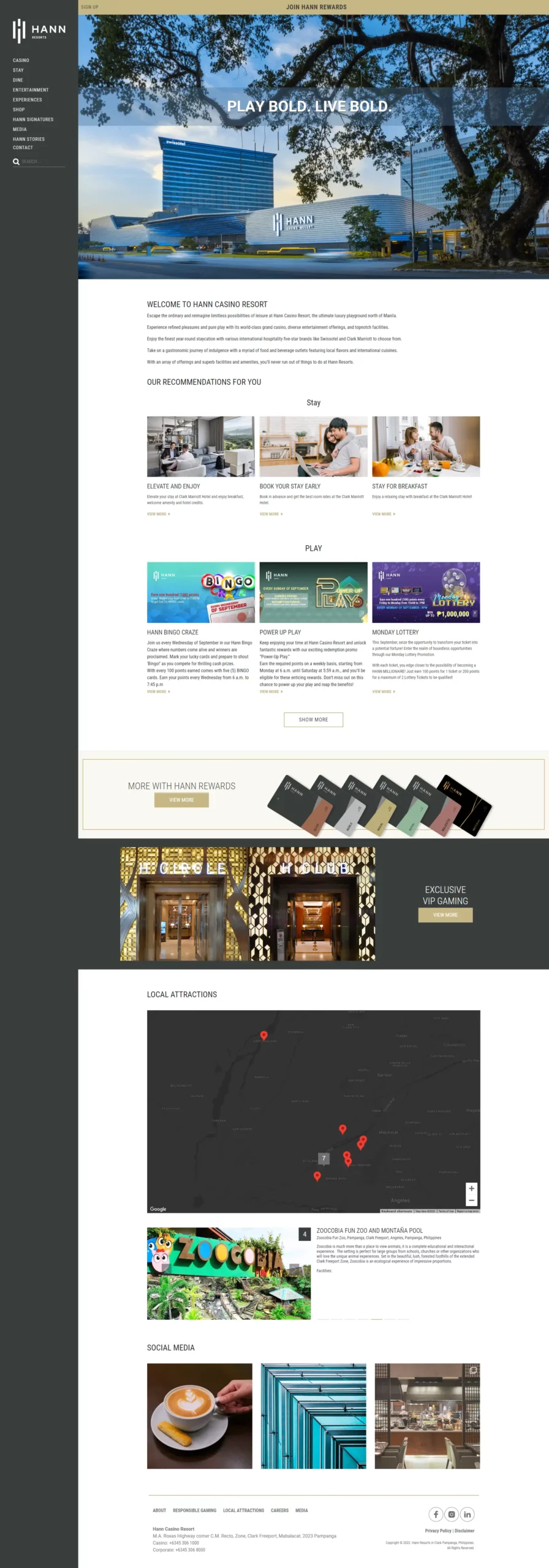Using PPC to Get to the Top of Google Search Engine Results
Search Engine Marketing (SEM) is the act of marketing online for business to get noticed on search engines such as Google. SEM has two primary forms: the paid search and search engine optimization (SEO).
Through SEO, techniques were employed in the hopes of improving search rankings in natural way. When we say ‘natural’, it includes improving site’s content through quality blogs and hundreds of back links. It may take months or sometimes even years to get high ranks on search page results.
When businesses don’t want to wait this long, they use paid search.
What is Paid Search?
Paid search refers to any search where business ads are placed on search engines like Google.
Advertisers will pay for targeted keywords relevant to your business. When customer enters a query related to your targeted keywords on Google, your business could be place on the first page result.
It works on a pay-per-click basis where you will pay only when a customer clicks your ads and takes a specific action such as booking an appointment or inquiring for your products.
Let’s say you have a retail business and wrist watches are among your products. Using Google AdWords keyword planner, we can see that there are variations of the term “wrist watch” with hundreds of monthly searches in the Philippines.
When you type in specific brand for watch on Google, for example “casio watches”, the first page will be dominated by Casio. However, through paid search, your ads will be able to show on the first page. On the sample image below, Google placed three (3) businesses where you can buy Casio watch on the top of the page.
SEO or Paid Search?
Both SEO and paid search are effective in generating traffic to your website. However, there are circumstances when one is better than the other. Here are some strengths of paid search marketing compared to SEO:
When you want immediate result – paid search provides result fast. After running your campaign on Google AdWords, your ads will immediately displayed for thousands of related queries for people to see. After minutes you can see the flow of traffic to your website with detailed tracking reports on AdWords platform.
When you’re promoting a time-sensitive offer – promotions works well with customers. What if you are having a promo that will last for a week only? Because SEO takes time, how will you promote a service or product with expiration? With time-sensitive offers, paid search works well. Paid search will deliver the traffic you want in a matter of minutes.
When you want to target specific market – unlike SEO, paid search will allow you to narrow down your target market according to their demographics data. It will let you choose customers to whom your ads will appear. Google lets you sort out customers according to their location, age, gender, marital status and more.
When you want to dominate search result with your keyword category – paid search results are placed on Google above the organic search results. Having this top position, 64.6% of traffic goes to sponsored link by paid search. Imagine how much traffic you are losing to your competitors who used paid search.
Does Paid Search actually work?
You have probably heard paid search before but you don’t have idea if it actually works. Check our success stories.
Your Turn
Now that you have enough knowledge about paid search marketing, you are one step away from achieving your business objectives.
